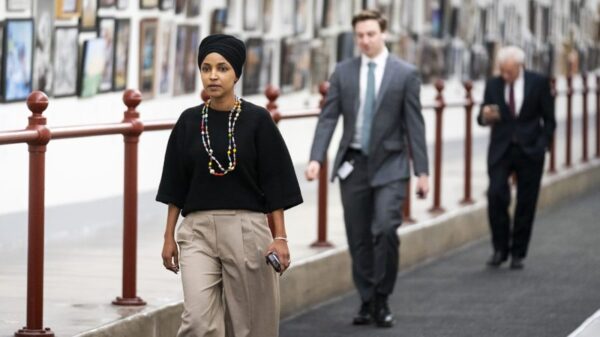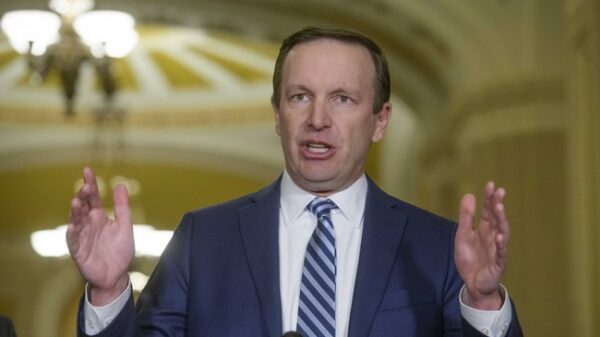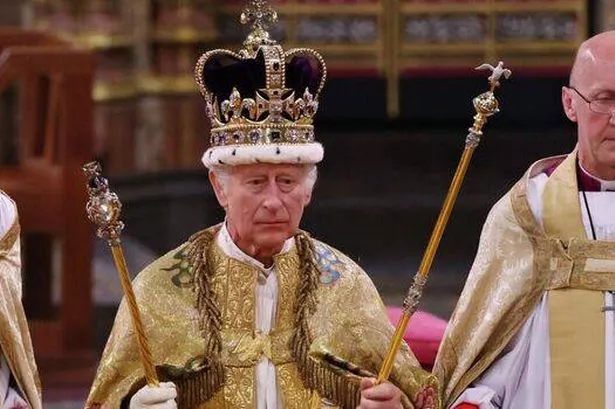A new book has revealed significant insights into King Charles’s involvement in government discussions regarding changes to Royal succession laws. The book, titled Power and the Palace: The Inside Story of the Monarchy and 10 Downing Street, authored by Valentine Low, claims that Charles, then known as the Prince of Wales, expressed keen interest in the talks but was intentionally excluded from them.
The changes in question stem from the Succession to the Crown Act (2013), which shifted the long-standing tradition of male primogeniture, where male heirs were prioritized in the line of succession. The Act introduced absolute primogeniture for individuals born after October 28, 2011, establishing that the eldest child, regardless of gender, would inherit precedence over younger siblings. This pivotal change ensures that Princess Charlotte remains ahead of her younger brother, Prince Louis, a significant departure from the experience of Princess Anne, who was displaced by her younger brothers, Prince Andrew and Prince Edward.
According to the book, Buckingham Palace had directed that discussions on this matter be managed exclusively by Whitehall. There was reportedly “absolutely no need” to involve staff members associated with either Charles or his son, Prince William. The narrative suggests that Charles confronted Richard Heaton, the permanent secretary at the Cabinet Office, with pointed inquiries regarding the Act. Following these discussions, a story leaked to a newspaper indicated that Charles had expressed “serious concerns” about what he believed were “rushed plans” to alter the succession laws.
While Charles supported the principle of the changes, he was dissatisfied that he and Prince William had not been consulted during the process. Jeremy Heywood, who served as cabinet secretary at the time, is reported to have informed Mr. Heaton that the King was “in the doghouse” over the leaked story.
The initiative to modernize the Royal succession laws was spearheaded by former Prime Minister David Cameron. The Succession to the Crown Act was passed by Parliament in 2013, prior to the birth of Prince George. However, for the Act to take effect, it required legislation to be enacted in all Commonwealth realms where Queen Elizabeth II served as head of state. Ultimately, the changes received unanimous support from all 16 Commonwealth nations, marking a collective effort to update the rules governing Royal succession.
The most significant aspect of the Act was the abolishment of male-preference primogeniture. Under the new rules, for Royal births occurring after October 28, 2011, the eldest child now takes precedence in the line of succession over younger siblings, regardless of gender, ensuring a more equitable approach to inheritance in the Royal family. This modernisation reflects a broader shift towards progressive values within the institution, aligning with contemporary societal expectations.






































































